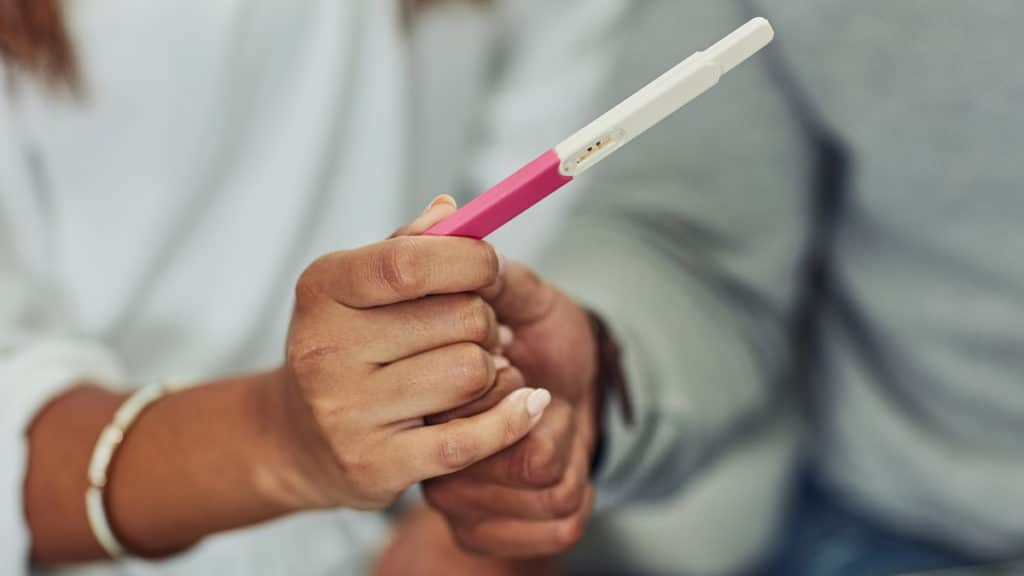The ability to become pregnant and maintain a healthy pregnancy depends on a complex set of factors that affect fertility. About 10-18% of couples have challenges getting pregnant or having a successful delivery, so it’s important to understand the internal and external factors that affect fertility when you’re trying to conceive.
Age
The number one factor that affects fertility is age. Women have all the eggs they will ever have at birth. That number decreases from then on, starting with a gradual loss of eggs. When women reach their mid- to late-30s, they lose more eggs much faster.
The quality of a woman’s eggs also declines, which makes conception more difficult and ups the risk of miscarriage. Male fertility may also decrease with age but at a lesser degree.
Weight
Weight is a factor affecting fertility that is usually in your control. Maintaining a healthy weight supports regular cycles and ovulation in women, plus healthy sperm count and quality in men. Being overweight or underweight negatively impacts your chances of pregnancy:
- Overweight: Women who are overweight take longer to get pregnant, mostly likely because they have less of a chance of monthly ovulation. They’re also at greater risk for miscarriage and problems during pregnancy and delivery. For obese women with polycystic ovary syndrome (PCOS), losing just 5% of their body weight increases the chance of pregnancy.
- Underweight: Being underweight is also a factor that affects fertility. It’s associated with ovarian dysfunction and infertility in women. An egg may not be released each month, and underweight women may have problems during pregnancy.
Lifestyle Choices
Your choices related to tobacco, alcohol, and marijuana can affect fertility.
- Smoking: Women who smoke are three times more likely to experience a delay in getting pregnant. Smoking damages the cervix and fallopian tubes, depletes egg reserves, and increases the risk of miscarriage and ectopic pregnancy. It may also reduce sperm quantity and quality.
- Substance Use: Substance use from heavy drinking to marijuana to illegal drugs can reduce fertility in men and women. Marijuana affects fertility by interfering with ovulation and the fallopian tube where fertilization happens. Alcohol affects fertility in men by leading to erection and ejaculation issues, plus reduced sperm quality. Alcohol also affects fertility in women and can harm the developing fetus.
Environmental Factors
Growing research shows that the world around us is also a factor affecting fertility. Exposure to pollutants and endocrine-disrupting chemicals can impact male and female infertility. This includes pesticides, phthalates, parabens, polychlorinated biphenyls (PCBs) and more. Ongoing studies link these chemicals to increased time-to-pregnancy, along with overall fertility.
Birth Control Doesn’t Affect Fertility
Women who use hormonal birth control are just as likely to conceive as those who don’t. Remember, there’s usually a short wait time between stopping birth control and the return of your fertility.
Finding Your Fertility Pharmacy
At Mandell’s Clinical Pharmacy, we’ll help you understand the many factors affecting fertility to help increase your chances of conception to grow your family. In search of a fertility pharmacy? Connect with us to learn how we can support you on your fertility journey.
